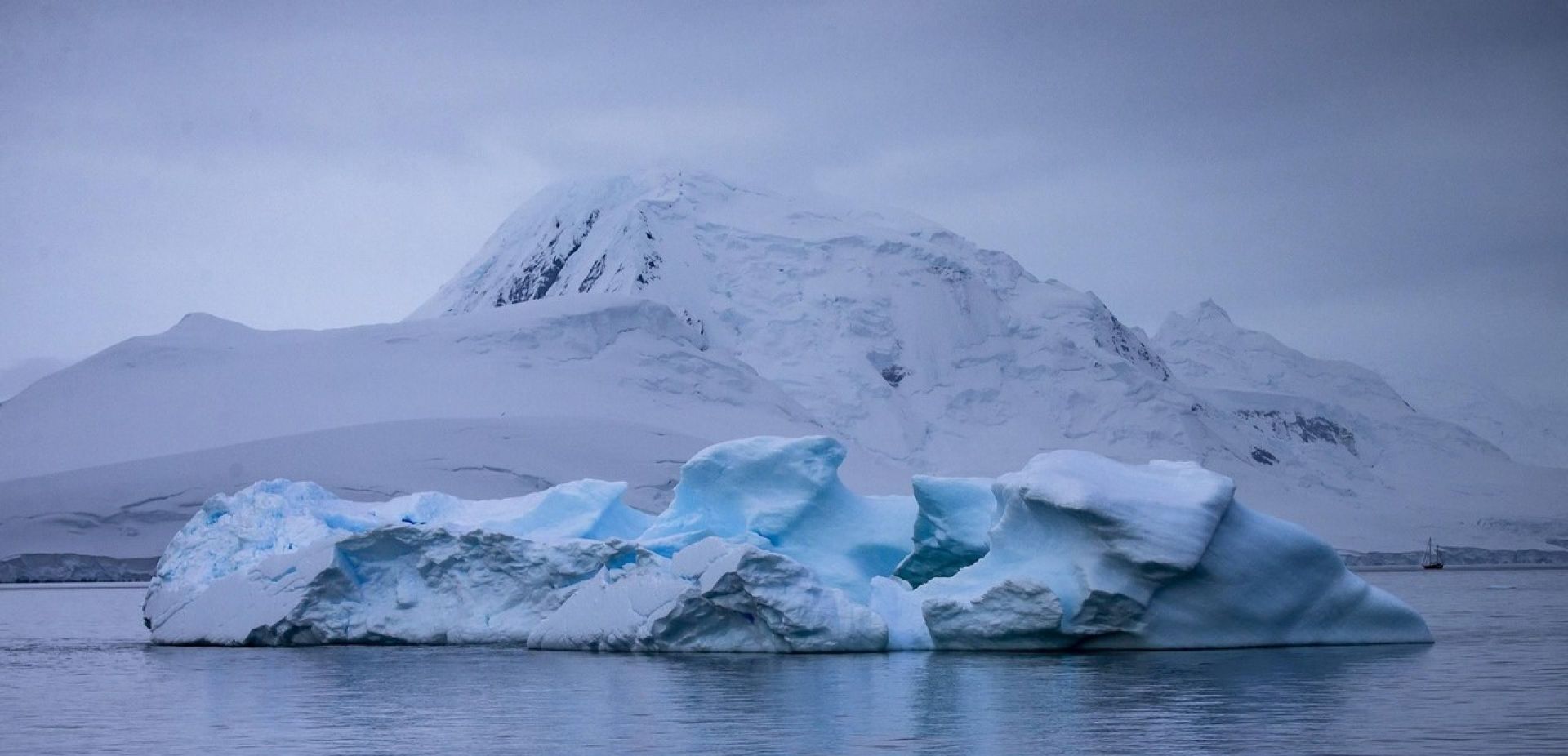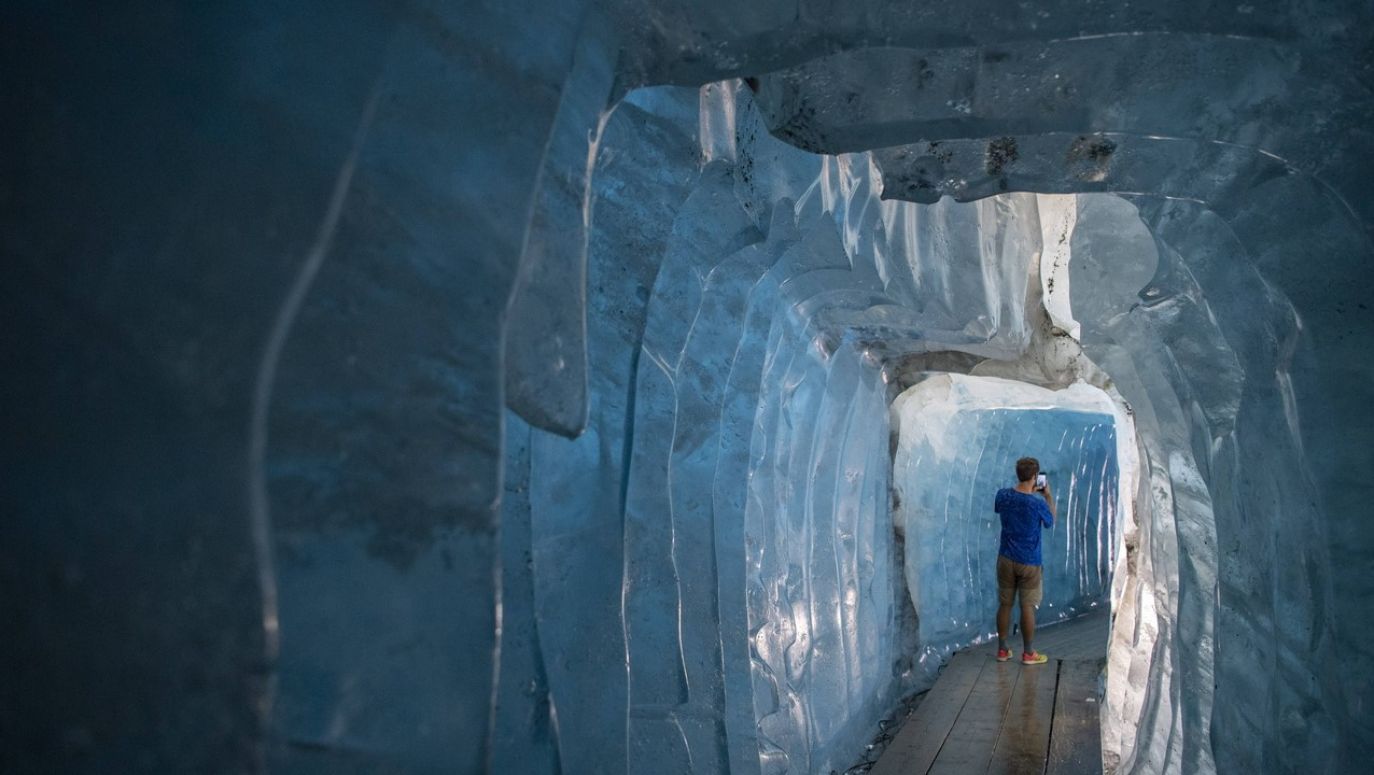 SIGN UP TO OUR PAGE
SIGN UP TO OUR PAGE

This year's May in Poland was colder again by 0.8 degrees Celsius than the long-term average for this month; still warmer than the May record holder from 2020 by 1.7 degrees C. April 2023 was recorded as even worse in the long history of measurements. "From the analysis measurement data given by synoptic stations, we learn that this year's April can be considered a thermally extremely cold month, with an average area aberration - compared to long-term conditions recorded between 1991-2020 - of -3.4 degrees Celsius", wrote the Institute of Meteorology and Water Management in the first week of this cold month. Dr Michał Marosz, the climatologist at the Polish IMGW-PIB, said in a comment for Business Insider: "Thursday's (until April 6 inclusive) air temperature anomalies across the country was as much as -4.2 degrees Celsius, which currently classifies this month as extremely cold ".
It is worth mentioning that this spring, especially May, was record cold for Crete, northern and central Greece, Thessaly, and the Peloponnese.
In that part of Europe, it was the coldest May since 2010. In Poland, the beginning of June was also exceptionally cold. A particularly low temperature was measured in Lębork, where it dropped at the ground level to -5 degrees Celsius. Still, a much more serious frost affected the height of the weather cage, i.e. 2 meters. Even a -2 degree result was recorded in Szczecinek. Such measurements have been carried out since the middle of the last century, and there has never been a similarly low temperature in June. Based on the analysis of measurement data, the first three weeks of July for central and eastern Poland also show a negative deviation from the long-term norm.
Then what about glaciers?
Jay Zwally - a glaciologist at the Robert H. Goddard Space Flight Center in Greenbelt and lead author of the ice sheet study – said that he and his team agree with the study's findings of increasing ice loss on the Antarctic Peninsula and the Thwaites and Pine Island glaciers on West Antarctica. “But we mainly disagree on East Antarctica and the interior of West Antarctica. We see ice growth there that exceeds losses in other areas," he said.
And while other scientists assume that the gains seen in eastern Antarctica are due to recent increases in snow accumulation, Zwally used meteorological data from 1979. He also used data created in the past by other scientists based on ice cores. Thanks to this, he learned that the ice mass in Antarctica has been increasing for a long time, but - as he points out - everything may change in a few decades.


 SIGN UP TO OUR PAGE
SIGN UP TO OUR PAGE
 This year's May in Poland was colder again by 0.8 degrees Celsius than the long-term average for this month; still warmer than the May record holder from 2020 by 1.7 degrees C. April 2023 was recorded as even worse in the long history of measurements. "From the analysis measurement data given by synoptic stations, we learn that this year's April can be considered a thermally extremely cold month, with an average area aberration - compared to long-term conditions recorded between 1991-2020 - of -3.4 degrees Celsius", wrote the Institute of Meteorology and Water Management in the first week of this cold month. Dr Michał Marosz, the climatologist at the Polish IMGW-PIB, said in a comment for Business Insider: "Thursday's (until April 6 inclusive) air temperature anomalies across the country was as much as -4.2 degrees Celsius, which currently classifies this month as extremely cold ".
This year's May in Poland was colder again by 0.8 degrees Celsius than the long-term average for this month; still warmer than the May record holder from 2020 by 1.7 degrees C. April 2023 was recorded as even worse in the long history of measurements. "From the analysis measurement data given by synoptic stations, we learn that this year's April can be considered a thermally extremely cold month, with an average area aberration - compared to long-term conditions recorded between 1991-2020 - of -3.4 degrees Celsius", wrote the Institute of Meteorology and Water Management in the first week of this cold month. Dr Michał Marosz, the climatologist at the Polish IMGW-PIB, said in a comment for Business Insider: "Thursday's (until April 6 inclusive) air temperature anomalies across the country was as much as -4.2 degrees Celsius, which currently classifies this month as extremely cold ". 



